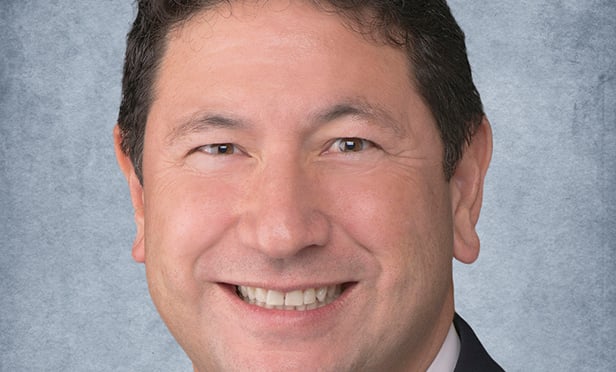MIAMI—A portfolio of 19 Wendy's restaurants, 18 of which are located in North Carolina and Virginia, is up for grabs. Marcus & Millichap just listed the assets for $48 million. The retail assets can be purchased together or separately.
Ronnie Issenberg, a vice president investments, Gabriel Britti, an associate vice president investments, and Roee Ben-Moshe, an associate, all in M&M's Miami office, are marketing the portfolio on behalf of the seller. The seller is a private company from Memphis.
“The number of quick service restaurants sold doubled last year and the asset class continues to be very popular with investors,” says Issenberg. NPC International, the largest franchisee in the US—currently operating over 1,250 Pizza Hut units in 28 states and over 140 Wendy's units in five states—is guaranteeing the Wendy's properties.
“Due to the popularity of quick service restaurants, cap rates for this investment class are at generationally low levels,” says Britti. “We are also seeing a trend wherein franchise-guaranteed properties are beginning to rival corporate-backed properties.”
All of the Wendy's locations in the portfolio have brand-new 20-year leases that include 10% rent increases every five years with four five year options. The leases are absolute-net in nature, with no landlord responsibilities.
“Whereas private investors and 1031 exchange investors look for individual restaurants with long-term leases and rental escalations because they are relatively safe investments, institutional investors and REITs seek larger portfolios to obtain economies of scale,” says Ben-Moshe. Several of the assets are in Winston-Salem and Greensboro, NC.
M&M also recently listed a portfolio of eight Wendy's restaurants for $24.3 million across Florida. The Wendy's can be purchased together or separately.
“Sale-leasebacks are always a useful option for corporations,” Mac McCall, a regional partner with Franklin Street Real Estate Services in Atlanta, tells GlobeSt.com. “Traditionally, corporations like to invest in their business as it should produce double digit returns versus real estate, which really only appreciates nominally on a yearly basis. By freeing up the equity tied up in their bricks and mortar they can reinvest in their businesses, pay down debt and clean up their balance sheets.”
© 2024 ALM Global, LLC, All Rights Reserved. Request academic re-use from www.copyright.com. All other uses, submit a request to [email protected]. For more information visit Asset & Logo Licensing.








